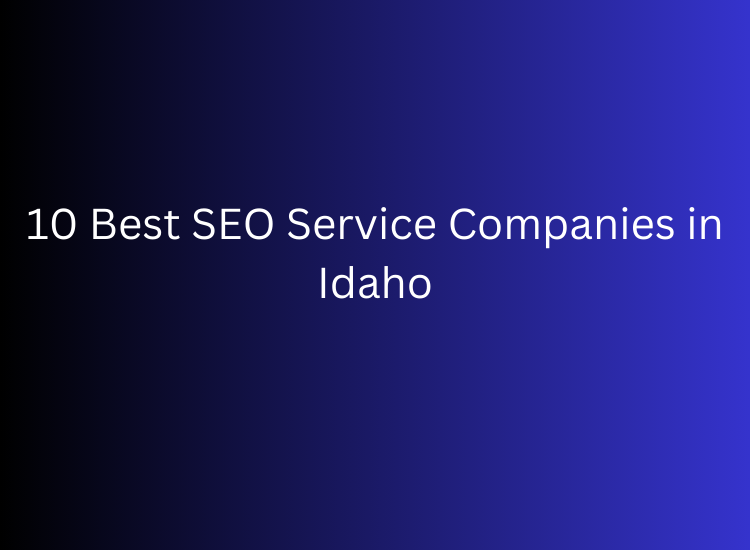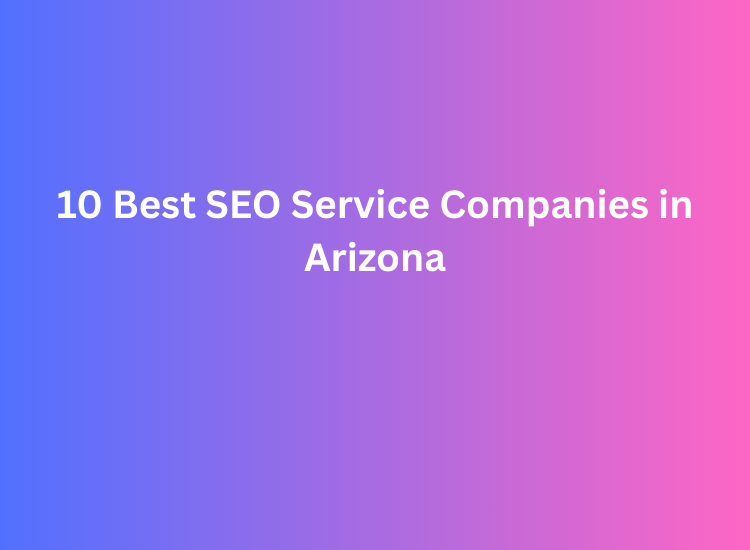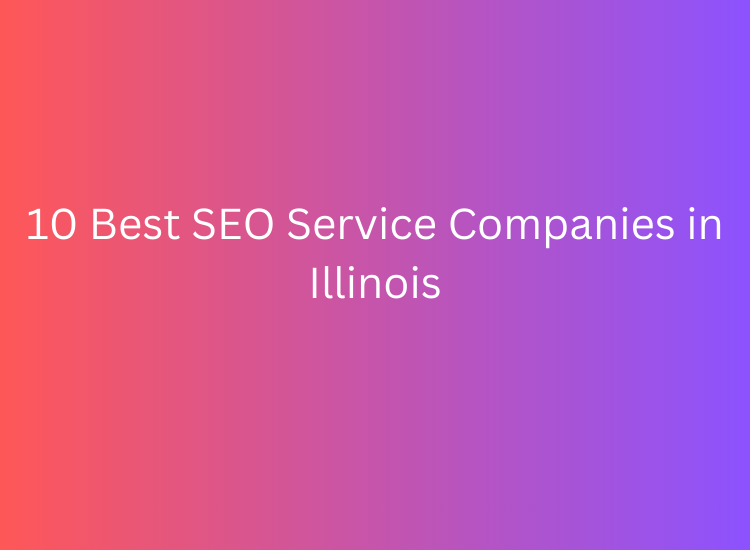Why Is It Important for Travel Agencies to Invest in Seo?
Investing in SEO is crucial for travel agencies to increase online visibility and attract more customers. Effective SEO strategies help agencies rank higher in search engine results, leading to greater website traffic.
Travel agencies operate in a fiercely competitive digital landscape where visibility is paramount. A solid presence on search engines like Google helps businesses stand out among countless online travel options. Given that most travel bookings and research start with an internet search, agencies without a strong SEO plan risk losing potential clients to competitors who are easier to find online.
A well-implemented SEO investment ensures that agencies appear to users at the critical moment they search for travel information, deals, and packages. By optimizing their website for relevant keywords, providing valuable content, and improving site usability, travel agencies can enhance their web presence, earn trust, and build their brand, all of which are essential for long-term growth and profitability in the travel industry.
Understanding The Travel Industry Landscape
As the digital era continually reshapes how consumers make decisions, travel agencies must navigate the evolving landscape of the travel industry with precision and adaptability. Traditional brick-and-mortar agencies have witnessed a seismic shift towards online operations. In response to this, investing in SEO isn’t just a modern marketing strategy; it’s an essential lifeline to remain visible and competitive in an increasingly crowded market.
Current Digital Trends
The digital domain is abuzz with trends that significantly impact travel agencies. Mobile usage is skyrocketing, as more travelers use smartphones to research and book trips. A seamless mobile experience is no longer optional; it’s a requirement for staying in the game. Furthermore, personalization of content caters to the individual preferences of travelers, enhancing their search for perfect vacations. Understanding these trends can provide insights into what potential clients seek and how to tailor SEO strategies effectively.
Significance Of Online Presence
An online presence has become the cornerstone for success in the travel industry. The journey of a traveler from inspiration to booking often begins with a search engine query. As a result, a travel agency’s visibility on search engine results pages (SERPs) is critical. SEO that targets relevant keywords ensures that your agency appears prominently when would-be travelers start their vacation planning. A robust online presence translates to increased website traffic, more inquiries, and ultimately, a healthier bottom line for your travel business.
Travel agencies must invest in SEO to stay atop the industry’s digital waves. Not only does SEO help maintain relevance among competitors, but it also connects agencies more directly with customers who are ready to book their next adventure. Embracing SEO is an investment in an agency’s future, ensuring that the rapidly-changing travel industry landscape becomes a map to new opportunities rather than a road to obscurity.
Key Benefits Of Seo For Travel Agencies
As the travel industry becomes increasingly competitive, travel agencies must leverage every tool in their arsenal to stand out from the crowd. One such powerful tool is SEO – Search Engine Optimization. When effectively implemented, SEO can dramatically transform a travel agency’s online presence. Below are key benefits highlighting why investing in SEO is not just a luxury, but a necessity for travel agencies aiming for growth and success in the digital age.
Increased Online Visibility
SEO serves as the lighthouse that guides potential travelers directly to your website amidst the vast ocean of the internet. The right SEO strategies can place your agency at the top of search engine results, making it more likely that clients will find your services when they begin their travel planning.
- Boosted search rankings lead to higher traffic.
- Visibility for a broad range of travel-related keywords.
- Consistent online presence that builds brand awareness.
Targeted Audience Reach
SEO isn’t just about gaining more website visitors; it’s about attracting the right audience. By targeting specific search terms and tailoring content to your ideal clientele, SEO helps in drawing in a demographic that is already interested in the products and services you offer.
- Increase in relevant traffic implies higher conversion rates.
- SEO analytics provide insights into customer behavior and preferences.
- Local SEO strategies can attract clients looking for travel agencies in their vicinity.
Enhanced User Experience
SEO goes hand-in-hand with user experience, which ultimately determines whether visitors stay on your site or move on to a competitor. Implementing SEO best practices often results in a faster, more intuitive, and more enjoyable user experience that can captivate and keep potential customers’ attention.
| SEO Aspect | Impact on User Experience |
|---|---|
| Mobile Optimization | Seamless access on various devices. |
| Site Speed | Quick loading times reduce bounce rates. |
| Quality Content | Engaging, informative content increases time spent on page. |
| Intuitive Structure | Easy navigation encourages exploration of the full site. |
Implementing Effective Seo Strategies
Travel agencies diving into digital marketing often find SEO (Search Engine Optimization) to be a vital component of their online success. As the travel industry becomes increasingly competitive, agencies need to ensure that their online presence doesn’t just exist but dominates. Effective SEO strategies are the cornerstone of achieving higher visibility, drawing in more organic traffic, and establishing authority in the travel market. Implementing SEO effectively involves several crucial steps such as keyword research and analysis, content optimization, and mobile-friendly website design.
Keyword Research And Analysis
Keyword research is the first step in laying down a robust SEO foundation. It involves identifying the terms and phrases potential customers use to search for travel services online. A deep dive into keyword analysis helps travel agencies to understand market demand, target user intent, and anticipate industry trends.
- Utilize tools: Leveraging SEO tools like Google Keyword Planner or SEMrush to gather data on keyword volume and competitiveness.
- Analyze competitors: Looking at what keywords competitors rank for can provide insights into important niches.
- Long-tail opportunities: Focusing on long-tail keywords can attract a more targeted audience and potentially lead to higher conversion rates.
Content Optimization
With the right keywords in hand, the next step is to ensure your content is optimized for both search engines and users. Content optimization is more than sprinkling keywords across your webpages; it’s about creating valuable, informative, and engaging content that keeps visitors coming back for more.
- Elevate titles and descriptions: Crafting compelling meta titles and descriptions can improve click-through rates from search results.
- Quality over quantity: Ensuring the content is authoritative and provides comprehensive coverage of the topic at hand.
- Strategic keyword placement: Incorporating keywords naturally into headings, subheadings, and throughout the body text for relevancy.
Mobile-friendly Website Design
In today’s fast-paced world, travelers are increasingly booking trips and searching for travel information on their mobile devices. Thus, a mobile-friendly website design is non-negotiable. Google has switched to mobile-first indexing, which means the mobile version of your website is the benchmark for how Google determines rankings.
| Aspect | Consideration |
|---|---|
| Responsive design | Making sure the website is usable across various devices and screen sizes. |
| Load speed | Enhancing the site’s loading time to decrease bounce rates and improve user experience. |
| User navigation | Creating an intuitive and easy-to-navigate site structure that lets users find information effortlessly. |
By adopting these SEO strategies, travel agencies can significantly improve their online visibility, attract a broader audience, and secure a competitive edge in the digital marketplace. This strategic approach to online marketing is not just about gaining short-term gains but about building a sustainable, authoritative presence that resonates with travelers globally.

Credit: www.today.com
Measuring Seo Success For Travel Agencies
In the competitive world of travel and tourism, standing out among the digital crowd is no small task for agencies. The implementation of SEO strategies can pave the way to top search engine rankings, but without measuring the success of these efforts, agencies might be sailing blind in the online sea. Let’s delve into the tools and indicators that are vital in gauging the effectiveness of SEO campaigns, ensuring travel agencies are not just throwing efforts to the wind but capitalizing on the true value of thoughtful optimizations.
Utilizing Analytics Tools
Analytics tools are the compass by which travel agencies navigate the vast online landscape. Implementing tools like Google Analytics, SEMrush, or Ahrefs can provide an in-depth look into the user experience and the journey customers take on your website. They offer valuable insights such as:
- Visitor behavior: Understanding what clients are searching for and how they interact with your site.
- Traffic sources: Identifying whether clients find your agency via search engines, social media, or referrals.
- Bounce rates: Highlighting areas of your site that may not engage users as expected.
- Conversions: Tracking the number of inquiries or bookings made, tying them back to specific SEO efforts.
With the right tools, agencies can adjust their strategies in real-time, optimizing for the highest return on investment.
Tracking Key Performance Indicators
Beyond general analytics, specific Key Performance Indicators (KPIs) provide clarity on how SEO investments impact business outcomes. Popular KPIs include:
| KPI | Description |
|---|---|
| Organic Traffic | The number of users visiting your website through unpaid search results. |
| Keyword Rankings | The position of your website’s pages on search engine results pages (SERPs) for targeted keywords. |
| Click-Through Rate (CTR) | The percentage of people clicking on your links after seeing your SERP entry. |
| Page Load Time | The speed at which your webpage loads, affecting user experience and SERP rankings. |
| Backlink Profile | The quality and quantity of external links directing users to your site, influencing authority and trust. |
Tracking these indicators helps travel agencies optimize web pages, align content strategy with user intent, solidify their domain authority, and, ultimately, increase bookings and revenue.
Future Of Seo In The Travel Industry
As the digital landscape continuously evolves, navigating the future of SEO in the Travel Industry becomes not only intriguing but essential. For travel agencies looking to thrive, understanding the trajectory of SEO is pivotal for staying ahead of the curve. The industry is accelerating towards an increasingly sophisticated online presence, where visibility equates to viability. So, let’s embark on the journey to explore the key trends that will define the next chapter of SEO for travel agencies.
Evolving Search Engine Algorithms
The ever-changing search engine algorithms are at the heart of why travel agencies must invest in SEO. With Google’s algorithm updates becoming more complex, focusing on user intent and experience has never been more crucial. The core algorithm changes aim to enhance the relevancy and quality of search results, which means travel websites need to be more responsive, informative, and user-friendly. To remain competitive, a travel agency must adapt to these changes by:
- Regularly updating website content to match current search trends.
- Optimizing for voice search and natural language queries.
- Enhancing website speed and mobile-friendliness.
- Implementing structured data to aid search engines in understanding content context.
Emerging Technology Integration
The fusion of emerging technologies with SEO strategies heralds a new era for the travel industry. Artificial Intelligence (AI) and machine learning are at the forefront of this integration, offering predictive analytics and personalized user experiences. By leveraging such technologies, travel agencies can anticipate customer preferences and tailor their offerings accordingly. Key aspects of technology integration include:
| Technology | Application in SEO |
|---|---|
| AI and Machine Learning | Automates keyword research and content optimization. |
| Chatbots | Improves user engagement and assists with on-site customer queries. |
| Augmented Reality (AR) | Enables unique content experiences, potentially boosting dwell time and engagement. |
| Blockchain Technology | Enhances security and trust in online transactions, reflecting positive brand signals. |
It becomes clear that travel agencies need to align their SEO strategies with these technological trends. By doing so, they not only ensure greater visibility in search engine results but also pave the way for a more robust, future-proof online presence.
Frequently Asked Questions On Why Is It Important For Travel Agencies To Invest In Seo?
How Does Seo Benefit Travel Agencies?
SEO helps travel agencies gain online visibility and attract potential customers. By optimizing their website for search engines, agencies can rank higher in search results, leading to more organic traffic and increased booking opportunities.
What Are Key Seo Strategies For Travel Websites?
Effective SEO strategies for travel websites include keyword research to find what potential travelers are searching for, creating high-quality content, optimizing for local search, and building a mobile-friendly site. These strategies help improve search rankings.
Why Is Local Seo Important For Travel Agencies?
Local SEO is crucial for travel agencies because it targets potential customers within a specific geographic area. Optimizing for local search with Google My Business and local keywords increases visibility to travelers looking for agencies near them.
Can Seo Increase Travel Agencies’ Roi?
Yes, SEO can significantly increase a travel agency’s ROI. By driving targeted traffic to their website, agencies can see higher conversion rates and more bookings, which typically result in a favorable return on their SEO investment.
Conclusion
Seizing the potential of SEO is vital for travel agencies aiming to stay ahead. By optimizing online presence, they boost visibility and attract more clients effectively. Remember, investing in SEO isn’t just a trend; it’s a strategic move for sustainable growth in a competitive market.
Embrace SEO, and watch your travel agency soar.



